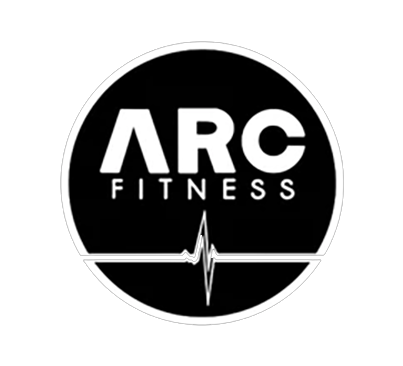No products in the basket.
Uncategorized
International Overdose Awareness Day – Naloxone & Opiate Overdose
International Overdose Awareness Day – August 31st.
Naloxone & Opiate Overdose
There has been a sharp increase in the amount of deaths attributed to drug misuse since 2012. In 2016 there were 2593 deaths in England and Wales alone. Deaths due to opiate abuse account for a third (32{6a401f752cb3568a2d5800cabbf60b88de184f5d248c967e29e47dfca872a621}) of all deaths related to drug poisoning (NHS 2018).
This is not a problem associated only with big cities, or the great “American opiate epidemic”, opiate use is indiscriminate and has filtered down to all aspects of our society. It’s closer to home than you think.
It’s possible that you have friends or loved ones who are already struggling with a dependence to these drugs. Know anyone buying more than 2 boxes of fizzy codeine tablets every day?
It has to start somewhere.
The good news is that there is something available to help reduced death caused by opiated drug overdose. Enter….. Naloxone.
Naloxone is the emergency antidote for overdoses caused by heroin and other opiates/opioids, such as methadone, morphine and fentanyl. The most life-threatening effect of heroin and the other opiates is that it depresses the central nervous system and can stop breathing.
Naloxone reverses these breathing difficulties, and has been described as “cost-effective” and “easy to administer.”
Have you heard of it?
Naloxone is a prescription-only medicine therefore can’t be sold over the counter, but since the introduction of new regulations in 2015, people providing drug treatment services can supply naloxone to anyone to save life in an emergency.
Following a recent Government survey, public health teams were helping local areas to extend the provision of naloxone, including through hostels, outreach workers, and needle and syringe programmes. It’s important to widen naloxone provision and training to equip people to save a life in an emergency and so lower the number of opiate related deaths.
Naloxone saves lives and is vital in preventing overdose deaths but it is not the only answer.
I believe that in order for us to drive down overdose potential and drug-related deaths we effectively need to engage drug misuse, looking beyond our excellent but overwhelmed treatment services, to support vulnerable and at risk people with more emphasis on the individual, their health and their circumstances.
If you or someone in your life are struggling with opiate dependence please seek help, get connected with local drug treatment services and / or look to other voluntary sector organisations that can provide help.
Ask for Naloxone.
